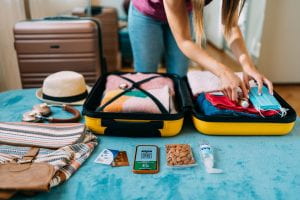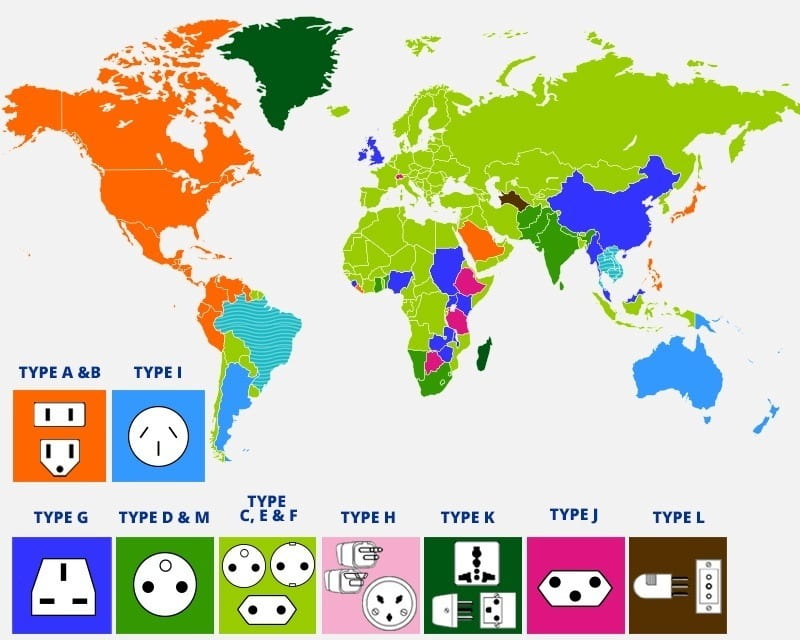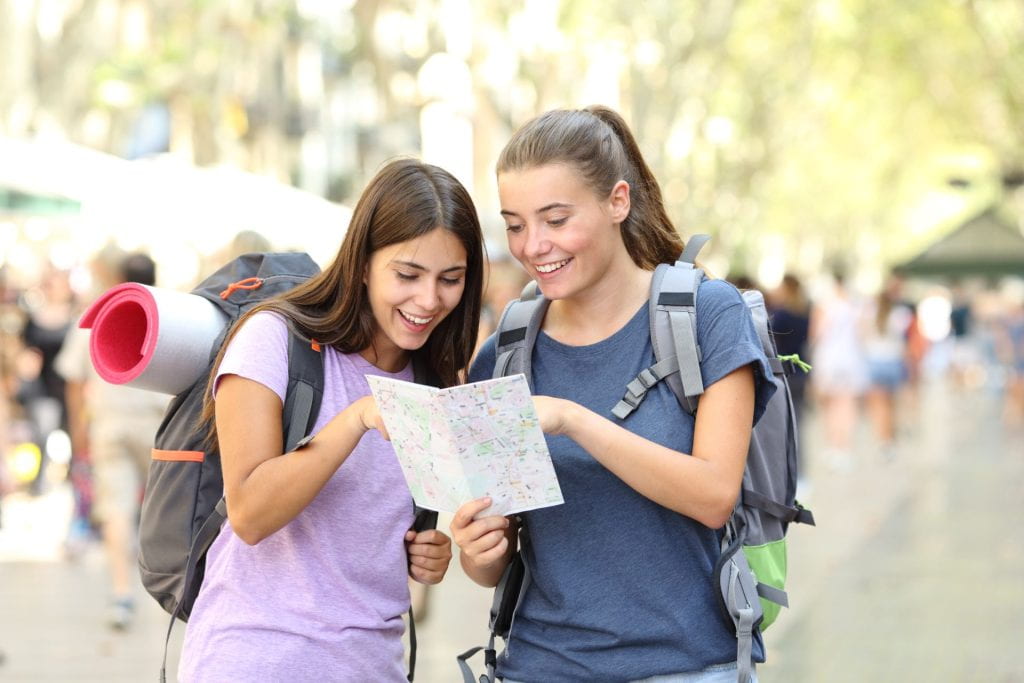Studying abroad and away is a life-changing experience…
Studying abroad and away is a life-changing experience that allows you to immerse yourself in a new culture, gain a global perspective, and create lasting memories. What you bring with you can significantly impact your comfort and enjoyment during your experience. To help you make the most of it, we’ve put together five essential packing tips that will ensure you’re well prepared for your journey:
1. Research Your Destination
Different countries and regions have unique climates, cultures, and customs. Understanding these factors will help you pack appropriately.

-
- Climate: Check the weather patterns for the time you’ll be there. Will you be facing extreme heat waves or precipitation season? This will determine the type of clothing you will need.
- Cultural Norms: Learn about the local dress code and customs. Some countries may have specific guidelines for modesty, so be prepared to respect local traditions.
- Electricity and Voltage: Check the voltage and plug types used in your destination, if traveling internationally. You may need adapters and converters for your electronic devices.
Here’s a handy map illustrating worldwide plug types:

2. Pack Light and Smart
One common mistake is over-packing. Remember that you’ll likely have to carry your luggage around airports, train stations, and city streets. Here’s how to pack efficiently:
- Versatile Clothing: Choose clothing that can be mixed and matched easily. Neutral colors and simple designs can help you create various outfits with fewer items. If your program includes travel to significant historical or religious sites, take that into consideration as well.
- Laundry Options: Look into laundry facilities at your destination and consider the duration of your program. Packing for a week or two and doing laundry regularly is often more practical than bringing a month’s worth of clothes if your program length is short-term.
- Travel-Sized Toiletries: Minimize the number of toiletries you bring by opting for travel-sized containers or buying essentials at your destination.
3. Important Documents
Don’t forget to organize all required documents in advance:
- Passport and Visa: Ensure your passport is up to date and that you have the required visa for your destination if traveling internationally.
- ID Cards: Carry a photocopy of your passport and a secondary form of ID, like a driver’s license.
- Travel Insurance: Purchase comprehensive travel insurance that covers health, theft, and trip cancellations.
- Academic Documents: Keep copies of your acceptance letter, course schedules, and any other relevant academic documents.

4. Stay Connected
Staying connected with family and friends is important, so bring the right tech:
- Unlocked Smartphone: An unlocked phone allows you to easily get a local SIM card for affordable data and calls. If you don’t have an unlocked phone, talk with your cell provider company about cost-effective international phone plans.
- Laptop or Tablet: Depending on your needs, a lightweight laptop or tablet can be a valuable tool for studying and staying connected.
- Adapters and Converters: Make sure you can plug devices into the local power outlets. Carrying a portable charger or power bank around can help charge your phone in case you’re travelling or far from an outlet.

5. Health and Safety Essentials
Finally, prioritize your health and safety.
- Prescription Medications: Ensure you have an ample supply of any prescription medications you’ll need during your stay.
- First Aid Kit: Pack a basic first aid kit with essential like band-aids, pain relievers, and any specific medication you might need.
- Travel Vaccinations: Consult a travel clinic to determine if you need any vaccinations or medications for your travel. You can research your destination at www.cdc.gov.

Remember that while packing efficiently is essential, the most crucial part of your journey is embracing new experiences, making friends, and learning from the culture around you!
